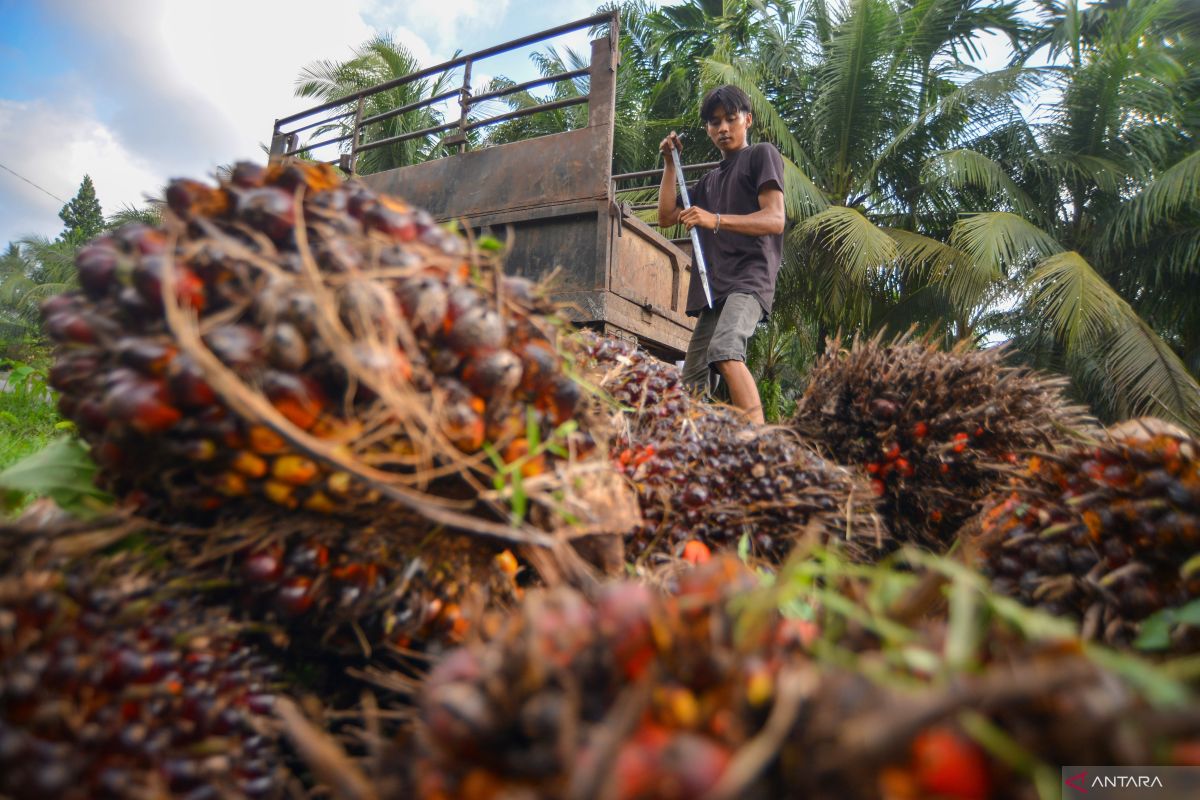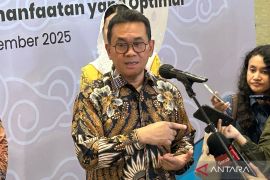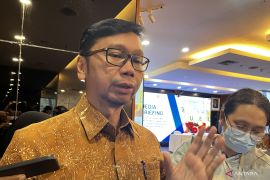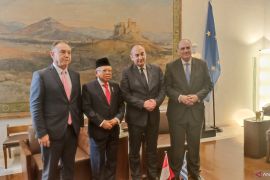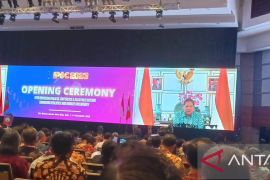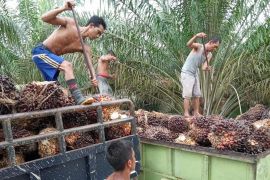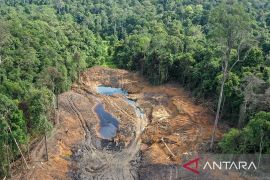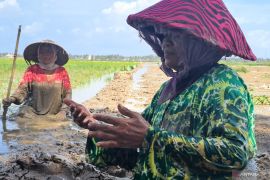“We have discussed this issue before, and among the problems we are currently facing, the most significant impact is on smallholders, especially those involved in rubber, cocoa, coffee, and palm oil,” Deputy Foreign Minister Arif Havas Oegroseno told reporters in Jakarta on Thursday.
He said the regulation could make it more difficult for smallholders to export their goods to the EU, while farmers within the bloc are exempt under a new "negligible risk" classification.
“If this is accepted, it clearly reflects a discriminatory practice. There are rules that apply only to EU farmers, while those outside Europe are treated differently,” he said.
Oegroseno clarified that the EUDR is not part of the ongoing Indonesia–EU Comprehensive Economic Partnership Agreement (IEU–CEPA) talks, but is instead being addressed separately through a coalition of affected nations.
“There is a group called the ‘Like-Minded Countries’ or LMC. So we have our own forum to specifically address this issue,” he added.
When asked whether Indonesia would consider filing a complaint with the World Trade Organization (WTO), Oegroseno said the option remains under review.
“There has been no filing yet. The process is not underway. We don’t know whether it will be accepted. But even European trade experts acknowledge there’s a strong case for non-EU countries to raise this at the WTO,” he said.
On June 4, Indonesia and the EU held a bilateral dialogue in Brussels to discuss the implications of the EUDR. During the meeting, Indonesia officially objected to the regulation’s unilateral adoption, its extraterritorial impact, and the lack of consultation with producing countries.
Indonesia also requested clarification on several points, including the legal basis and methodology for risk classification, recognition of national legality systems, potential conflicts with WTO rules, and administrative burdens on smallholder farmers related to geolocation and digital traceability requirements.
The EU has committed to providing a written response to Indonesia’s questions in the near future.
Related news: Indonesia awaits EU reply on deforestation rule concerns
Related news: Indonesia, Malaysia continue efforts to address EU deforestation rule
Translator: Arnidhya Nur Zhafira, Kuntum Khaira Riswan
Editor: Anton Santoso
Copyright © ANTARA 2025
